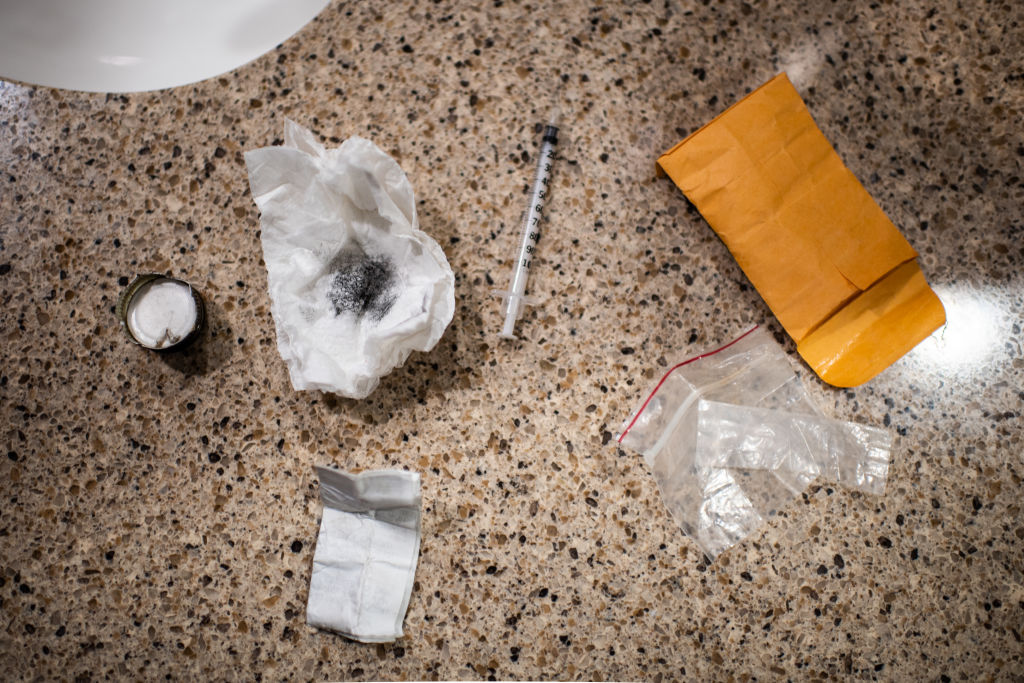
The National Institutes of Health (NIH) on Thursday announced an ambitious new study that’s meant to reduce opioid-related deaths by 40% in communities that have been hardest-hit by the ongoing epidemic.
The NIH awarded grants to four research sites — the University of Kentucky, Boston Medical Center, Columbia University and Ohio State University — through the three-year, $350 million project, called the HEALing Communities Study. Each site will test the effectiveness of various strategies for combating and preventing opioid addiction in at least 15 communities in those states that are struggling with widespread substance misuse, with the goal of reducing opioid deaths in these areas by 40% over three years, the NIH says.
In 2017, the most recent year with federal estimates available, nearly 50,000 Americans died after overdosing on opioids including heroin, prescription painkillers and the powerful synthetic opioid fentanyl.
The interventions that will be examined in the study include distributing opioid-overdose-reversing naloxone throughout the communities, helping individuals in the criminal justice system find substance abuse treatment and making addiction care part of regular doctor’s visits, according to the announcement.
The announcement did not specify whether more politically controversial techniques, such as needle exchanges and safe injection facilities, would be studied. It did say, however, that research sites would track upticks in medication-based treatment, which can include using drugs to help wean users off of illicit opioids.
Opioid abuse has proved to be an intensifying and persistent public-health issue over the last 20 years, and the problem has evolved over time. While prescription opioid companies have been widely blamed for getting many people hooked on opioids in the first place, synthetic opioids like fentanyl, which often come from outside of the U.S., today pose among the most pressing threats. So many people are dying after using potent synthetic opioids, in fact, that many communities are now targeting their response efforts around these drugs.
More Must-Reads from TIME
- Donald Trump Is TIME's 2024 Person of the Year
- TIME’s Top 10 Photos of 2024
- Why Gen Z Is Drinking Less
- The Best Movies About Cooking
- Why Is Anxiety Worse at Night?
- A Head-to-Toe Guide to Treating Dry Skin
- Why Street Cats Are Taking Over Urban Neighborhoods
- Column: Jimmy Carter’s Global Legacy Was Moral Clarity
Write to Jamie Ducharme at jamie.ducharme@time.com